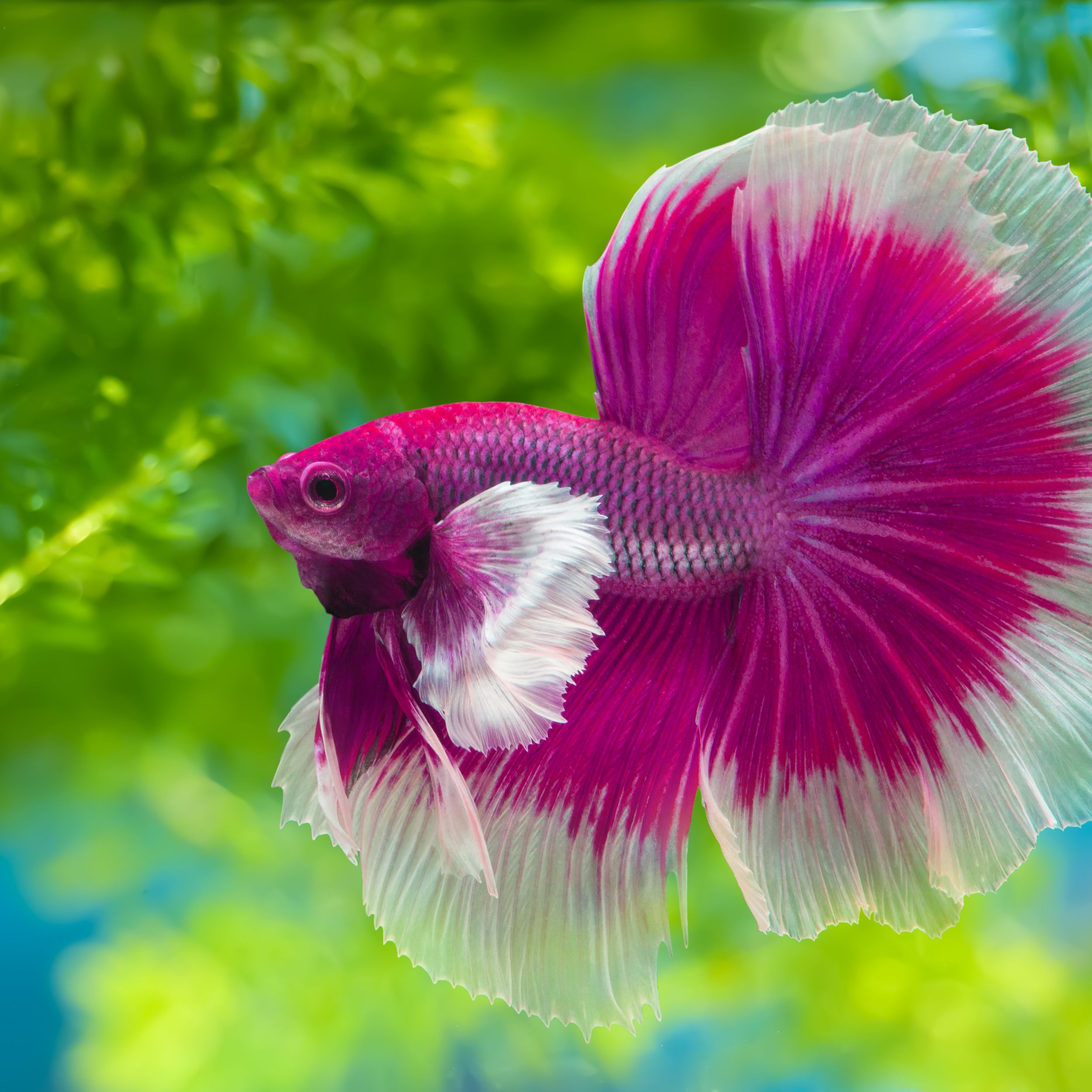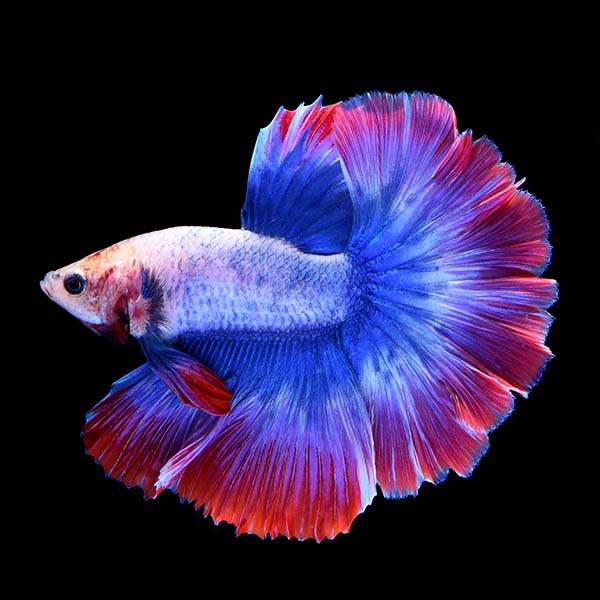Common Betta Fish Diseases and How to Prevent Them
Common Betta Fish Diseases and How to Prevent Them
Blog Article
The Ultimate Guide to Betta Fish Care: Crucial Tips for Preserving a Healthy and Growing Fish Tank Setting
Efficient Betta fish care demands a detailed understanding of their distinct ecological and physical needs. Developing a suitable fish tank begins with choosing the right storage tank dimension and making certain ideal water conditions, which are essential for the wellness and wellness of your Betta.
Picking the Right Tank
Selecting the proper tank for your Betta fish is vital to guaranteeing its health and wellness. Bettas flourish in settings that resemble their natural habitats, which usually include calmness, cozy waters. A storage tank dimension of at the very least five gallons is recommended to give adequate swimming space, as smaller storage tanks can bring about tension and health and wellness problems for these lively fish.
When picking a container, consider the tank's form and filtering system. Furthermore, a dependable filtration system is essential to maintain water top quality and minimize the regularity of water adjustments.
Temperature regulation is an additional crucial aspect; Bettas like water temperatures in between 76 ° F and 82 ° F. Buying a great heating unit will certainly ensure that the water remains within this array, promoting a healthy and energetic lifestyle for your Betta. Providing ideal tank decorations and concealing spots will certainly help minimize tension and motivate natural actions, even more boosting your Betta's well-being.
Keeping Water Quality
Preserving ideal water quality is crucial for the wellness and long life of Betta fish. This calls for normal tracking of numerous criteria, including temperature, pH, ammonia, nitrite, and nitrate levels.
The pH degree need to ideally fall between 6.5 and 7.5. Routine screening utilizing a trusted water screening package can aid ensure these specifications stay within the proper arrays. Ammonia and nitrite degrees should constantly go to 0 ppm, as also reduced concentrations can be poisonous to Betta fish. Nitrate degrees need to be maintained under 20 ppm to avoid lasting wellness issues.
Regular water modifications are important to maintaining water quality. It is recommended to transform 25-50% of the tank water weekly, depending on the tank dimension and equipping degrees. Utilizing a high-quality water conditioner can help remove hazardous chemicals from faucet water, ensuring a secure setting. In addition, including a durable filtration system can aid in keeping water quality and high quality, offering a healthier environment for your Betta fish.
Suitable Feeding Practices
Giving a well balanced diet plan is important for the health and wellness and vibrant pigmentation of Betta fish, as their nutritional requirements play a significant role in their total wellness. Betta fish are meat-eating by nature, needing a diet high in healthy protein. A combination of top quality pellets, frozen or online foods such as bloodworms, salt water shrimp, and daphnia can offer the essential nutrients they need.
Feed your Betta fish 2 to 3 times a day, offering only what they can eat within two to 3 minutes to stop overfeeding and maintain water quality. Overfeeding can cause excessive weight and health problems, consisting of swim bladder disease. It is necessary to monitor their dietary intake and readjust portion sizes as necessary.
Along with protein, a well balanced diet needs to consist of vitamins and minerals to advertise ideal wellness. Think about supplementing their diet regimen with premium flakes or pellets especially created for Betta fish, as these often have necessary ingredients.

Producing an Appropriate Habitat

Water top quality is critical; keep a temperature in between 76 ° F and 82 ° F, and ensure the pH degree ranges from 6 - betta fish.5 to 7.5. Routine water modifications of 25-50% weekly will help maintain toxic substances away and make certain a stable environment
Integrating plants and concealing places is vital, as Betta fish are normally territorial and delight in having locations to check out and pull away. Live or silk plants, together with caverns and accessories, can develop a revitalizing environment.

Normal Health And Wellness Checkups
Performing normal health check-ups is crucial for ensuring the health of Betta fish, as early discovery of prospective concerns can stop serious wellness problems. These checkups should include an extensive examination of the fish's physical problem, actions, and ecological factors.
Begin by observing the Betta fish for any type of signs of distress, such as sleepiness, anorexia nervosa, or uncommon swimming patterns. Additionally, check the fins and body for indicators of discoloration, sores, or fin rot, which can show infections or parasites. Regularly monitoring the water high quality in the fish tank is equally essential; parameters such as pH, ammonia, nitrite, and nitrate levels must be kept within optimal arrays to stop stress and anxiety and disease.
In addition, take into consideration keeping a log of health observations and water quality tests. Prompt intervention can make go to my site a considerable difference in the healing of your Betta fish, making sure a long and healthy and balanced life in a properly maintained fish tank atmosphere.
Final Thought
Finally, successful Betta fish care depends upon producing and maintaining an optimum fish tank atmosphere. Key factors include selecting an appropriately sized container, making certain constant water quality, adhering to excellent feeding techniques, and developing a habitat that decreases anxiety. Routine health examinations are important for very early detection of potential concerns. By complying with these guidelines, aquarists can advertise the well-being and vibrancy of Betta fish, eventually causing a prospering aquatic ecosystem.
Report this page